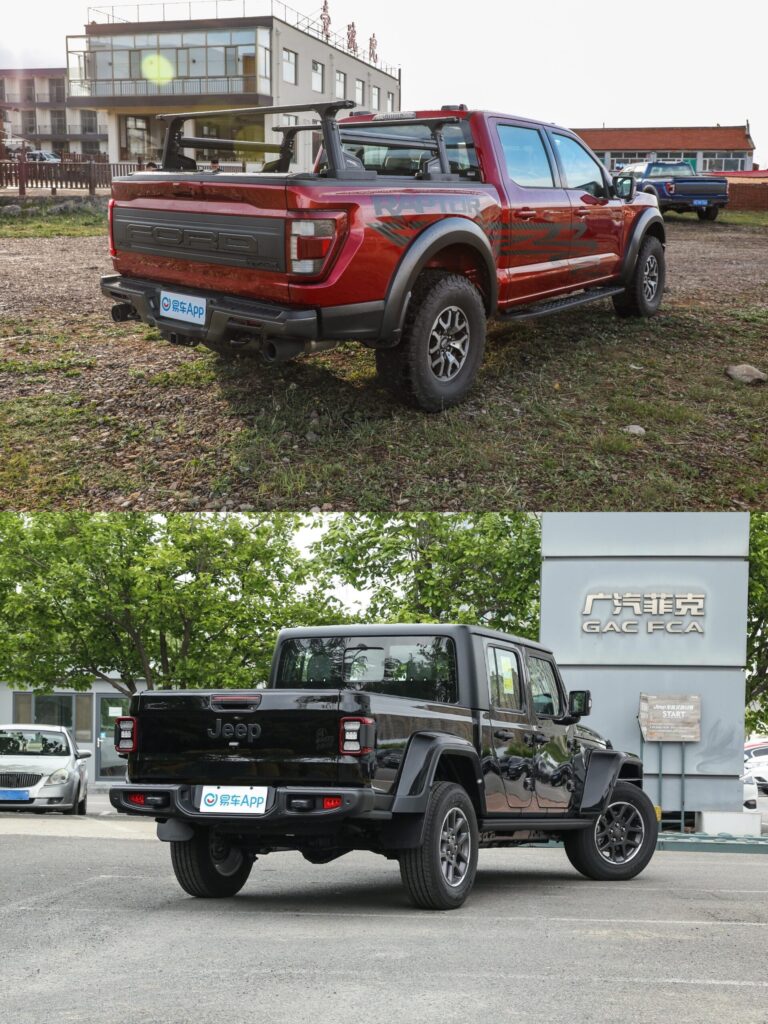Jeep’s China Bankruptcy: More Than a Failure, It’s a Warning Shot

This week, the gavel fell on GAC-Fiat Chrysler Automobiles. Jeep, once an icon of adventure, is officially bankrupt and out of the Chinese market. It’s easy to dismiss this as just another failed joint venture, but that would be missing the forest for the trees.
When viewed alongside other major announcements from the same week, Jeep’s demise looks less like an isolated incident and more like a signal flare: the party in China’s auto market is over, and a great “market cleanup” appears to have begun.

The First Casualties: Why Brand Name Isn’t Enough Anymore
GAC-FCA’s collapse was inevitable. With over 10 billion RMB in liabilities against assets valued at less than 2 billion, the company was beyond saving. In a similar vein, the ambitious but failed Evergrande Auto had a massive, unused plot of land reclaimed by the government.
The common thread here seems clear: both companies failed to keep pace with China’s breakneck speed of electrification and intelligence. They are stark examples that relying on past glory and brand heritage is now a losing strategy in this ruthless market.
But, we need to look at the other side of the coin: The Government is Resetting the Rules
Just as the market witnesses these failures, the Chinese government is introducing new rules that could reshape the competitive landscape. Two recent policies are particularly telling.
- Banning Default “One-Pedal Driving”: A new national standard, effective in 2026, will prohibit automakers from setting “one-pedal driving” as the default mode. This feature, popularized by Tesla, has been criticized for potentially confusing drivers accustomed to traditional braking. On the surface, it’s a safety measure. But analytically, it could be a strategic move to standardize the EV driving experience, leveling the playing field and lowering the barrier to entry for consumers transitioning from legacy vehicles.
- A New Channel to Report “IOU Abuse”: The government has opened a portal for suppliers to report automakers who delay payments with commercial paper (IOUs) instead of cash. This move seems to be a direct response to the supply chain pressures created by the aggressive growth of giants like BYD. It signals a shift in focus towards managing systemic risk and ensuring the market’s explosive growth doesn’t lead to a domino-like collapse.
➡️ [In-Depth Analysis] Will this new policy solve the supplier payment crisis?
Conclusion: The Tsunami Has Arrived
The exit of Jeep and Evergrande, combined with the government’s decisive new regulations, points to one undeniable conclusion: the era of “survival of the fittest” has truly begun in China.
The market no longer tolerates weak technology or outdated strategies. The rules are getting stricter, and the safety nets are being removed. This leads to a chilling question. Who will be the next to file for bankruptcy? It might be a more familiar name than we think. The great market cleanup has only just started.
My AI Jazz Project: